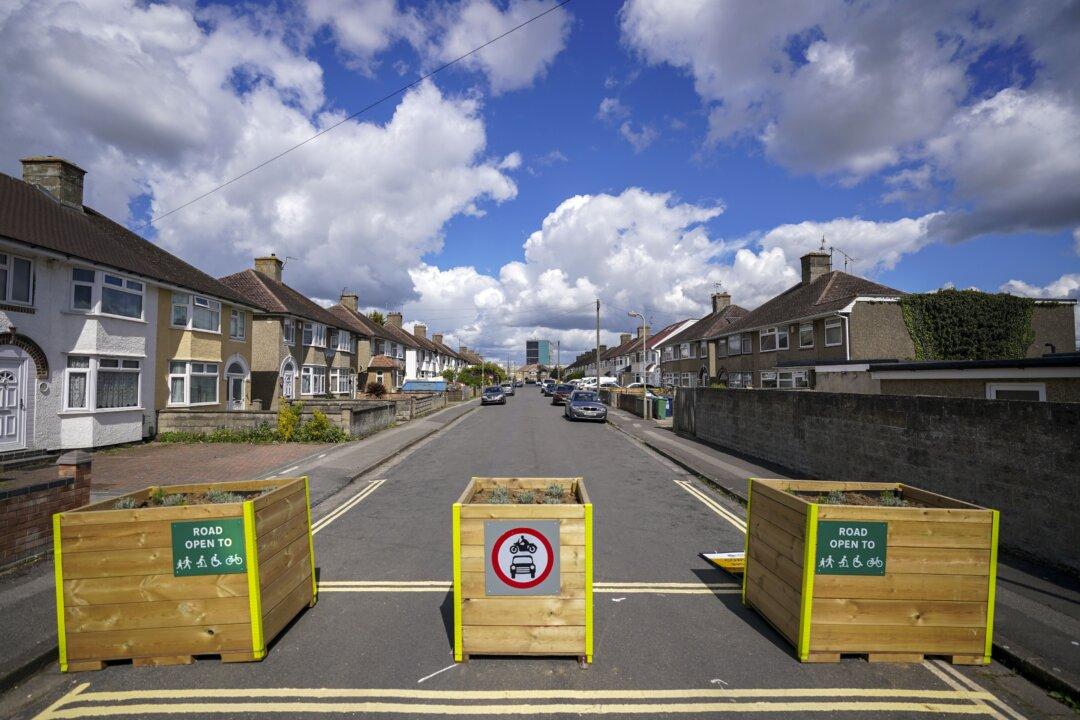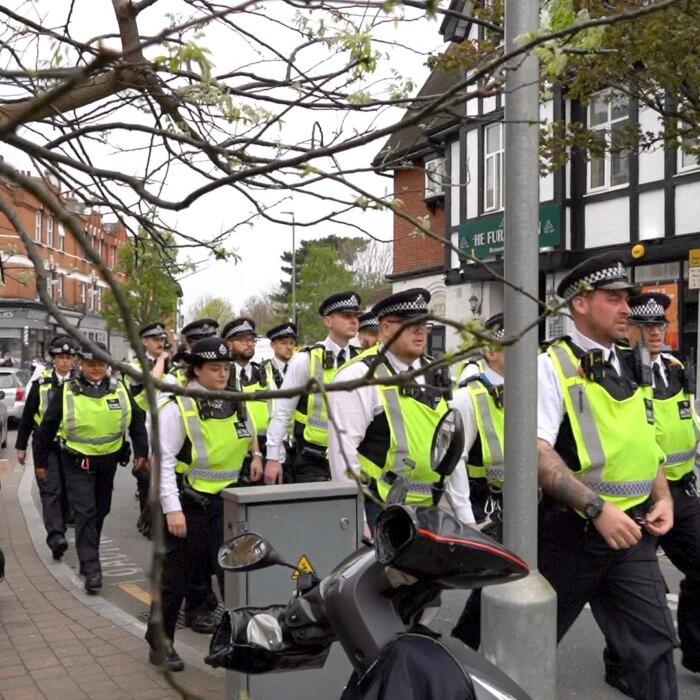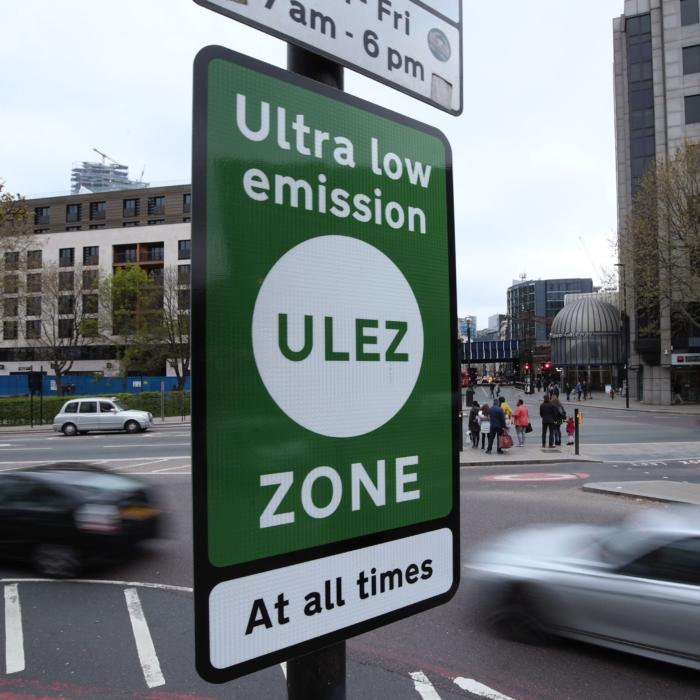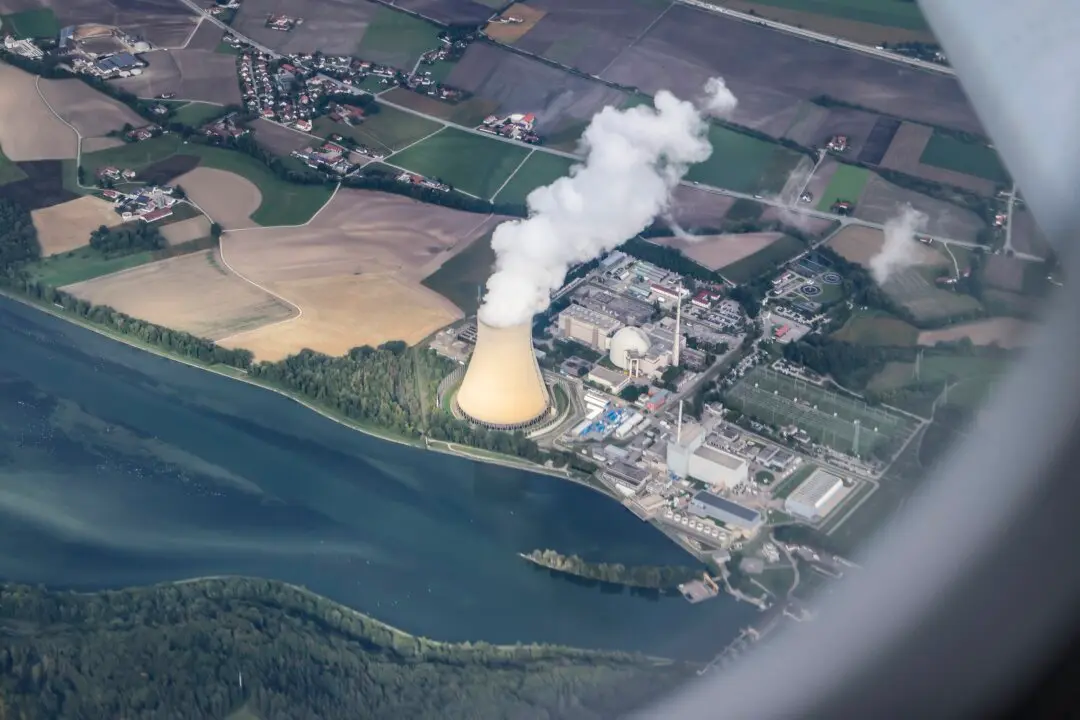Local authorities have failed to provide sufficient information on Low Traffic Neighbourhoods before imposing the schemes, contributing to a “democratic chasm” that fuels “explicitly conspiratorial rhetoric,” according to a report.
Demos said that over the past 18 months, disinformation surrounding LTNs has “erupted with a marked rise of conspiracy theories online.”
“Rumours swirl of shadowy elites forcing 15-minute city climate lockdowns in local communities and of councillors undemocratically installing surveillance regimes on motorists,” it said.
LTN
LTN policy refers to steps taken to restrict access to motorised traffic within specific residential areas.These include the use of barriers, bollards, road signs, and planters to restrict car movements, as well as automatic number plate recognition (ANPR) cameras and Residents’ Parking Zones (RPZs), which require a digital permit to park a car in specific areas.
The report warned that disinformation has “flourished in the democratic chasm that is widening at a local level between councils and communities and in the vacuum left by the decimation of local news.”
It said that the loss of local newspapers and other media has also contributed to a lack of space for reasonable debate on the issue, with the absence of local news in many areas pushing people towards social media, where the debate on LTNs rapidly turned toxic.
Demos
Demos has received funds from business sources such as Chinese telecoms company Huawei, vape makers JUUL have also been supported by left-wing organisations like the Barrow Cadbury Trust and Pierre Omidyar’s Luminate, The Duke and Duchess of Sussex’s Archewell Foundation.Luminate, a donor to the Global Disinformation Index (GDI), focuses on combating alleged disinformation on online news sites.
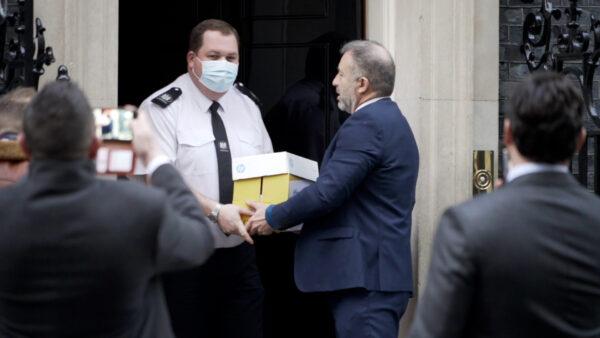
Disinformation
The report focused, in part, on the Together Declaration, a prominent anti-lockdown and pro-free-speech pressure group which encourages public participation in the electoral process and examination of net zero policies.It claimed that disinformation from this group include “assigning sinister intentions to councillors, arguing that LTNs are a totalitarian policy which is part of a wider global agenda, and stoking explicitly conspiratorial rhetoric which connects the debate over LTNs to unrelated initiatives such as Digital Identity schemes as part of this alleged grand agenda of control.”
Demos classed posts as “disinformation” which feature one or more strands of the ‘Great Reset’ including 15-minute cities, the World Economic Forum, globalists/ global elites, central bank digital currencies/digital identity and vaccine passports.
The report called for a an “anti-disinformation standard in public life” and a Commission which could “punish” the behaviour of politicians “should it be identified to have occurred, creating a greater incentive to thoroughly investigate certain narratives before promoting them at scale.”
Together Declaration co-founder Alan Miller told The Epoch Times, “They are responsible for reinforcing the cynicism by by turning it into conspiracies rather than saying ’these are the arguments, these are the points, people can make their own mind up and we should have a full open, transparent discussion about it.'”
He said that councils had put up emergency traffic orders without consultation, shut down streets, had put up cameras and fined people, and then calling them names when they ask questions.
“They then pillory all of this and try and just reduce it down to conspiracies without taking up the merit of the argument and the points that are being made,” he added.
‘Strangle Democracy’
Ben Pile, who runs the campaign group Climate Debate UK, claimed the report wanted to add a “new layer of bureaucracy to strangle democracy.”“The report comes from a broader tendency that wants to regulate independent voices on social media, mostly Twitter, and that is where Demos’ research is scraped from,” he said.
He has argued that WEF/Great Reset stories “alienate people, and that critics of Net Zero and other policy agendas should focus on the detail of those policies and their failures rather than on the sweeping storylines.”
“But Demos’ report more specifically makes recommendations for policies to regulate the control of public dialogue such as ‘an anti-disinformation standard in public life,’ which would apply to political parties,” he said.
He criticised the report for calling for a regulator, like Ofcom, to “censor” MPs, ministers and recommendations that “seek to control local government, news media, social media, and independent organisations.”
“They want to say that groups like Together are bad actors, who use social media and misinformation, but can’t be bothered to read anything we have done or said. They literally get a computer to supericially analyse tweets rather than present any evidence for their claims. And they take no account of contradictory information,” he said.
He said that if Demos were to take on the arguments in his report on the politics of air pollution policies (ULEZ/LTNs/etc), then they would be “confronted by the fact that they are one of countless fake ”civil society“ organisations, funded by extraordinarily wealthy people, that have been dominant in UK politics for far too long, and which have done no good, and which have produced the crisis of democracy that they are only now becoming aware of and trying to understand.”
The Epoch Times contacted Demos for comment.
